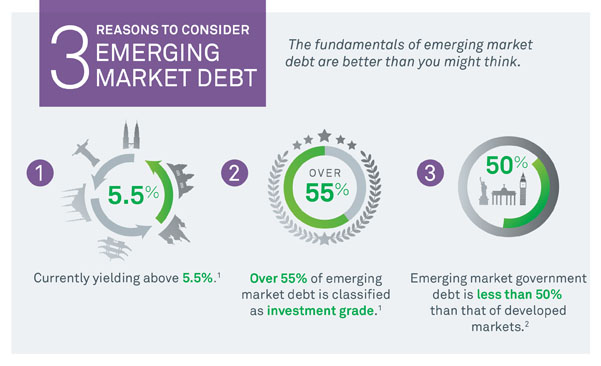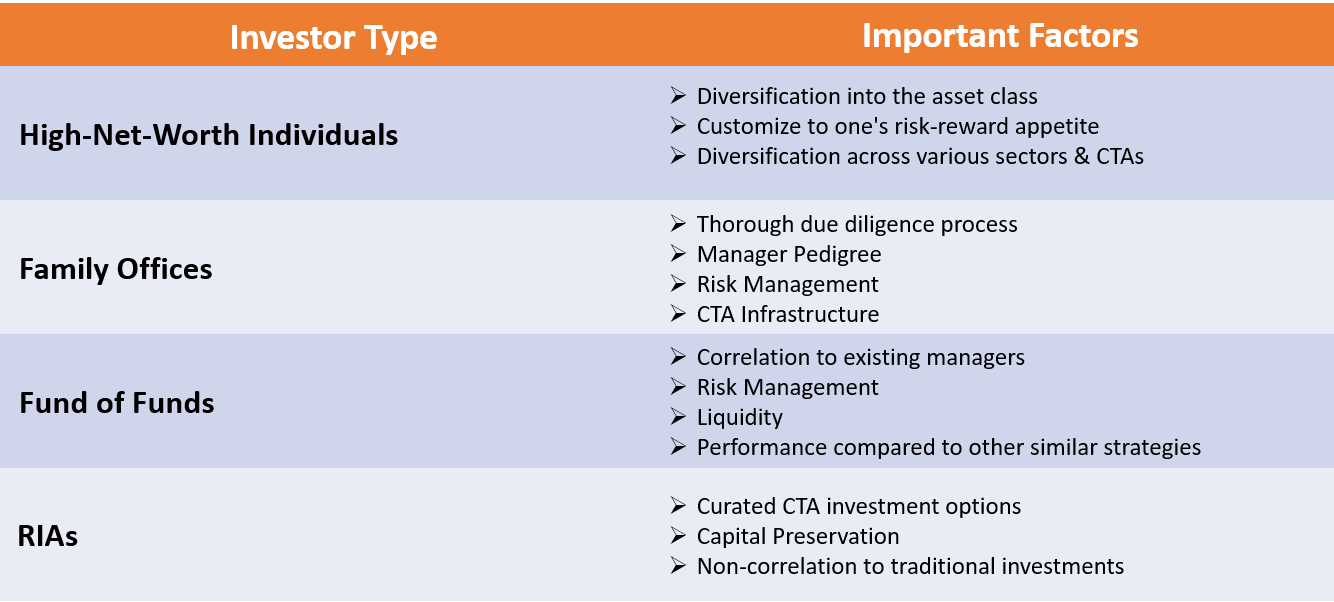
You will need to first understand how the stock market works before you can decide to purchase stocks. Understanding the market's structure and operation is essential. This article will discuss the role of these roles in determining stock prices. These roles will allow you to profit from the market in the best way possible.
Companies
Stock exchanges are a key part of global financial markets. They provide liquidity for investors and shareholders. The term "equities" refers to companies that use stock markets to raise funds and sell shares. Stock exchanges require that companies adhere to strict rules and regulations. In order to be listed on an stock exchange, companies must meet minimum standards. They must also register with the U.S. Securities and Exchange Commission and have a certain number outstanding shares. Nasdaq, which is the largest stock market in the world, will soon require companies that have at least one woman.

Speculators
Speculators refer to investors who are interested in making a profit from the fluctuations of stock prices. They employ a range of strategies to maximize their profits and rely on tips, rumors, as much as their own intuitions and analysis. Speculators are the driving force behind many businesses. Their capital provides capital for new companies, and helps troubled industries raise cash. They can lose their initial investment and take on significant risks.
Bankers
The stock exchange for bankers is a great option when you are starting your own investment company. There are several benefits to this. First, the capital market is a great fit for banks, especially if your industry is financial services. Bankers can also build strong stock options portfolios. Last but not the least, the exchange offers an opportunity for you to make some money. A variety of services and products are offered by listed companies that can be beneficial to the banker.
Traders
Traders use the stock exchange to make money by buying and selling shares of various companies. These traders use technical analysis to analyze price patterns and movements. These traders attempt to take advantage of short-term gains by buying and selling different stocks. These traders tend to be classified in one of three categories. These traders can be individuals or institutions. Here are some examples. Continue reading to find out about their various ways of investing in stock markets.

Investing
You can get an advantage on the stock market by investing using the stock trade. A stock market is a market where companies are chopped up, and individual investors can participate in the growth of the company by purchasing a minority stake in it. Alejandro Nieto, an economist, says that the stock market is the best way to make money and not risk all your money. It is possible to make large amounts of money in the stock market. However, you should be certain that the risks associated are worth it.
FAQ
How does inflation affect the stock market?
Inflation can affect the stock market because investors have to pay more dollars each year for goods or services. As prices rise, stocks fall. You should buy shares whenever they are cheap.
Are stocks a marketable security?
Stock is an investment vehicle which allows you to purchase company shares to make your money. This is done through a brokerage that sells stocks and bonds.
You can also directly invest in individual stocks, or mutual funds. There are over 50,000 mutual funds options.
These two approaches are different in that you make money differently. Direct investment is where you receive income from dividends, while stock trading allows you to trade stocks and bonds for profit.
In both cases you're buying ownership of a corporation or business. If you buy a part of a business, you become a shareholder. You receive dividends depending on the company's earnings.
Stock trading is a way to make money. You can either short-sell (borrow) stock shares and hope the price drops below what you paid, or you could hold the shares and hope the value rises.
There are three types to stock trades: calls, puts, and exchange traded funds. You can buy or sell stock at a specific price and within a certain time frame with call and put options. ETFs, also known as mutual funds or exchange-traded funds, track a range of stocks instead of individual securities.
Stock trading is very popular as it allows investors to take part in the company's growth without being involved with day-to-day operations.
Stock trading is not easy. It requires careful planning and research. But it can yield great returns. This career path requires you to understand the basics of finance, accounting and economics.
What are the benefits to owning stocks
Stocks have a higher volatility than bonds. Stocks will lose a lot of value if a company goes bankrupt.
However, if a company grows, then the share price will rise.
Companies often issue new stock to raise capital. This allows investors to buy more shares in the company.
Companies can borrow money through debt finance. This gives them cheap credit and allows them grow faster.
If a company makes a great product, people will buy it. The stock price rises as the demand for it increases.
As long as the company continues producing products that people love, the stock price should not fall.
Why is it important to have marketable securities?
A company that invests in investments is primarily designed to make investors money. It does so by investing its assets across a variety of financial instruments including stocks, bonds, and securities. These securities offer investors attractive characteristics. These securities may be considered safe as they are backed fully by the faith and credit of their issuer. They pay dividends, interest or both and offer growth potential and/or tax advantages.
A security's "marketability" is its most important attribute. This refers primarily to whether the security can be traded on a stock exchange. You cannot buy and sell securities that aren't marketable freely. Instead, you must have them purchased through a broker who charges a commission.
Marketable securities can be government or corporate bonds, preferred and common stocks as well as convertible debentures, convertible and ordinary debentures, unit and real estate trusts, money markets funds and exchange traded funds.
These securities can be invested by investment firms because they are more profitable than those that they invest in equities or shares.
What is the difference in marketable and non-marketable securities
The differences between non-marketable and marketable securities include lower liquidity, trading volumes, higher transaction costs, and lower trading volume. Marketable securities on the other side are traded on exchanges so they have greater liquidity as well as trading volume. These securities offer better price discovery as they can be traded at all times. However, there are many exceptions to this rule. For instance, mutual funds may not be traded on public markets because they are only accessible to institutional investors.
Non-marketable security tend to be more risky then marketable. They generally have lower yields, and require greater initial capital deposits. Marketable securities are generally safer and easier to deal with than non-marketable ones.
A large corporation may have a better chance of repaying a bond than one issued to a small company. Because the former has a stronger balance sheet than the latter, the chances of the latter being repaid are higher.
Investment companies prefer to hold marketable securities because they can earn higher portfolio returns.
What is the main difference between the stock exchange and the securities marketplace?
The whole set of companies that trade shares on an exchange is called the securities market. This includes stocks as well options, futures and other financial instruments. Stock markets are generally divided into two main categories: primary market and secondary. The NYSE (New York Stock Exchange), and NASDAQ (National Association of Securities Dealers Automated Quotations) are examples of large stock markets. Secondary stock markets allow investors to trade privately on smaller exchanges. These include OTC Bulletin Board Over-the-Counter, Pink Sheets, Nasdaq SmalCap Market.
Stock markets have a lot of importance because they offer a place for people to buy and trade shares of businesses. The value of shares depends on their price. New shares are issued to the public when a company goes public. Dividends are paid to investors who buy these shares. Dividends are payments made to shareholders by a corporation.
Stock markets not only provide a marketplace for buyers and sellers but also act as a tool to promote corporate governance. Shareholders elect boards of directors that oversee management. Managers are expected to follow ethical business practices by boards. If a board fails to perform this function, the government may step in and replace the board.
Statistics
- The S&P 500 has grown about 10.5% per year since its establishment in the 1920s. (investopedia.com)
- Ratchet down that 10% if you don't yet have a healthy emergency fund and 10% to 15% of your income funneled into a retirement savings account. (nerdwallet.com)
- For instance, an individual or entity that owns 100,000 shares of a company with one million outstanding shares would have a 10% ownership stake. (investopedia.com)
- Individuals with very limited financial experience are either terrified by horror stories of average investors losing 50% of their portfolio value or are beguiled by "hot tips" that bear the promise of huge rewards but seldom pay off. (investopedia.com)
External Links
How To
How to invest in the stock market online
Stock investing is one way to make money on the stock market. You can do this in many ways, including through mutual funds, ETFs, hedge funds and exchange-traded funds (ETFs). Your risk tolerance, financial goals and knowledge of the markets will determine which investment strategy is best.
First, you need to understand how the stock exchange works in order to succeed. Understanding the market, its risks and potential rewards, is key. Once you've decided what you want out your investment portfolio, you can begin looking at which type would be most effective for you.
There are three major types of investments: fixed income, equity, and alternative. Equity refers a company's ownership shares. Fixed income means debt instruments like bonds and treasury bills. Alternatives include commodities, currencies and real estate. Venture capital is also available. Each category has its own pros and cons, so it's up to you to decide which one is right for you.
Once you figure out what kind of investment you want, there are two broad strategies you can use. The first strategy is "buy and hold," where you purchase some security but you don't have to sell it until you are either retired or dead. Diversification is the second strategy. It involves purchasing securities from multiple classes. You could diversify by buying 10% each of Apple and Microsoft or General Motors. Multiplying your investments will give you more exposure to many sectors of the economy. Because you own another asset in another sector, it helps to protect against losses in that sector.
Another key factor when choosing an investment is risk management. Risk management can help you control volatility in your portfolio. If you are only willing to take on 1% risk, you can choose a low-risk investment fund. However, if a 5% risk is acceptable, you might choose a higher-risk option.
The final step in becoming a successful investor is learning how to manage your money. Managing your money means having a plan for where you want to go financially in the future. A good plan should include your short-term, medium and long-term goals. Retirement planning is also included. This plan should be adhered to! Do not let market fluctuations distract you. Stick to your plan and watch your wealth grow.